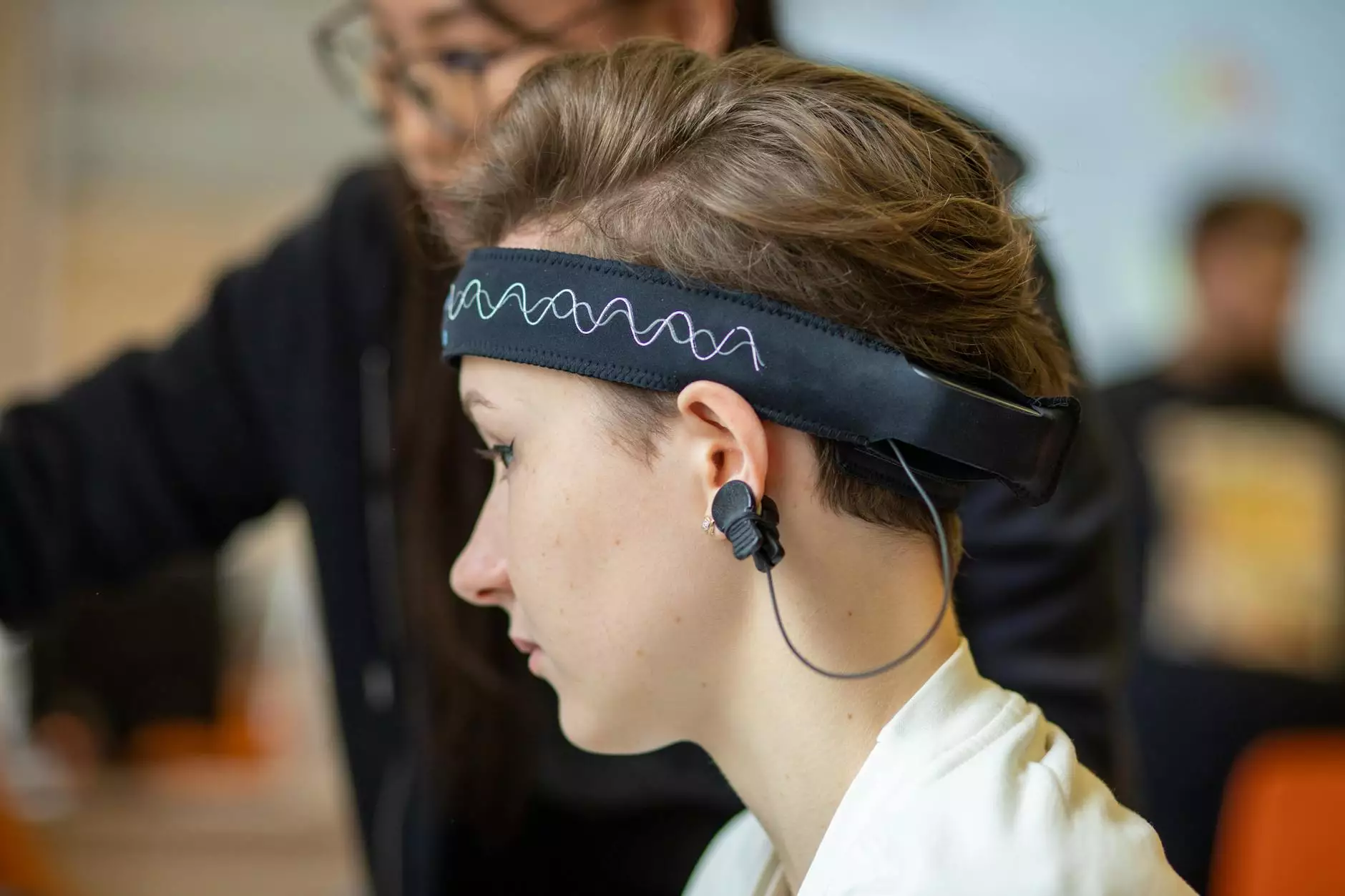Unlocking Potential: The Future of Business in Neuroscience

In a rapidly evolving marketplace, businesses face the continuous challenge of innovation and adaptability. The integration of neuroscience into business practices is proving to be a game-changer, offering valuable insights into human behavior, decision-making, and productivity. The domain https://www.mindcareneuroscience.com.au exemplifies this burgeoning field, approaching business from a unique and scientifically-backed perspective.
The Intersection of Neuroscience and Business
Neuroscience is not just a field of study; it is a catalyst for transformation in business environments. By understanding the brain's functioning, companies can enhance employee productivity, improve customer engagement, and foster a culture of innovation. Here's how neuroscience is changing the business landscape:
1. Understanding Employee Dynamics
- Enhanced Communication: Neuroscience informs how to approach communication amongst teams, fostering collaboration and reducing conflicts.
- Emotional Intelligence: Knowledge about the brain allows leaders to harness emotional intelligence, improving workplace relationships and morale.
- Stress Management: Insights into stress triggers pave the way for developing effective stress management programs that boost employee wellbeing.
2. Improving Customer Experience
By studying neural responses to marketing stimuli, businesses can tailor their strategies for better engagement.
- Targeted Marketing: Neuroscience enables finer segmentation of consumer behavior, leading to more effective marketing campaigns.
- Brand Loyalty: Understanding the psychological connections customers have with brands can enhance loyalty and retention strategies.
- Customer Feedback: Leveraging neuroscience to interpret customer feedback can produce actionable insights that drive product development and service improvement.
Applying Neuroscience in Business Strategy
The application of neuroscience principles can significantly enhance business strategy. Here are several critical areas where businesses can integrate these insights:
1. Recruitment and Talent Management
Neuroscience can transform recruitment processes by focusing not merely on skills but also on cognitive and emotional fit. This ensures that the right people are placed in the right roles, leading to:
- Higher Retention Rates: Employees selected based on cognitive compatibility tend to stay longer with the company.
- Improved Performance: Teams composed of individuals with complementary cognitive styles are typically more innovative and effective.
2. Leadership Development
Investing in neuroscience-backed leadership training helps cultivate leaders who are:
- Emotionally Intelligent: They can empathize with team members, fostering a positive work atmosphere.
- Adaptable: Understanding how the brain responds to change allows leaders to guide their teams more effectively during transitions.
3. Organizational Culture and Change Management
Neuroscience provides insights into organizational culture and the psychological aspects of change. By adopting a neuroscience approach, organizations can:
- Foster a Positive Environment: Understanding how brain chemistry affects mood can help create policies that promote positivity.
- Smooth Transitions: Knowledge of brain responses during change can reduce resistance and increase adoption of new initiatives.
Enhancing Productivity through Neuroscientific Principles
Productivity is critical in any business. Applying neuroscientific principles can lead to thrilling gains in efficiency:
1. The Neuroscience of Focus
Understanding how attention works is vital for creating a productive work environment. Techniques such as:
- Mindfulness Training: Helps employees manage distractions and boost the ability to concentrate.
- Break Optimization: Neuroscience research highlights the importance of taking regular breaks to maintain mental stamina.
2. Motivation and Rewards
By aligning reward systems with the brain's reward circuitry, businesses can enhance motivation:
- Intrinsic vs. Extrinsic Motivation: Knowing what drives employees can help tailor incentives to boost engagement.
- Celebrating Small Wins: Neuroscience supports recognizing small achievements to encourage ongoing motivation.
Innovation and Creativity in Business
Creativity is essential for any business looking to thrive. Neuroscience offers valuable insights into fostering innovation:
1. Creating an Innovative Culture
A culture that encourages experimentation and creativity can lead to groundbreaking ideas. Neuroscience suggests:
- Risk-Taking: Cultivating a safe space for employees to take risks can lead to innovative solutions.
- Diverse Teams: Diverse cognitive styles contribute to a wider range of ideas, enhancing creativity.
2. Techniques to Foster Creativity
Integrating neuroscience-backed techniques can help harness creativity within teams:
- Brainstorming Sessions: Structured brainstorming using neuroscience principles can yield more valuable ideas.
- Creative Breaks: Encouraging informal, unstructured downtime promotes idea generation.
Measuring Success: KPIs Anchored in Neuroscience
To effectively implement neuroscience principles in business, it’s crucial to establish clear Key Performance Indicators (KPIs) that reflect their impact:
1. Employee Well-Being Measures
Assessing employee satisfaction and mental health is vital to gauge the effectiveness of neuroscience initiatives. Use tools such as:
- Surveys and Feedback Tools: Regularly collect data on employee morale and engagement.
- Well-Being Indices: Implement indices to track improvements in mental health over time.
2. Business Performance Metrics
Connect neuroscience efforts with business performance metrics such as:
- Turnover Rates: A reduction in turnover can indicate improved organizational culture.
- Productivity Levels: Measure output per employee to assess productivity gains from neuroscience applications.
Conclusion: Embracing the Future with Neuroscience
The potential of integrating neuroscience into business is immense. Companies that leverage these insights can enhance employee satisfaction, improve customer interactions, and ultimately see significant gains in productivity and innovation. As demonstrated by https://www.mindcareneuroscience.com.au, the intersection of neuroscience and business is not just a fleeting trend; it is an evolutionary step towards a more effective, compassionate, and successful business landscape.
In this dynamic world, embracing the knowledge offered by neuroscience is not merely an option for businesses—it is a necessity. By fostering an understanding of human behavior at a fundamental level, organizations can thrive and excel, ensuring they remain at the forefront of their industries. Making neuroscience a cornerstone of business strategy will undoubtedly pave the way for a brighter, more innovative future.









